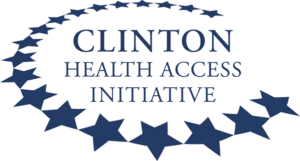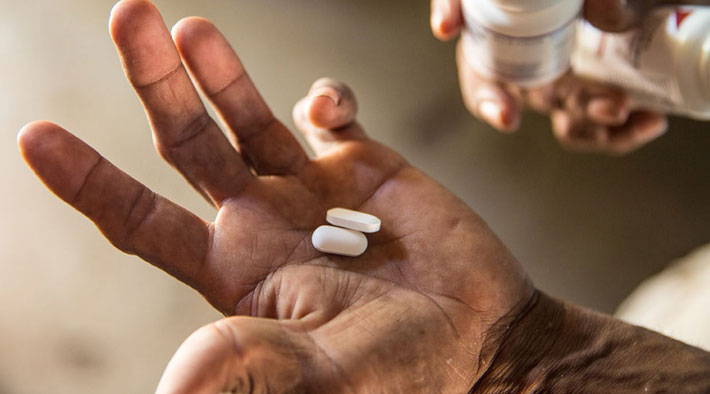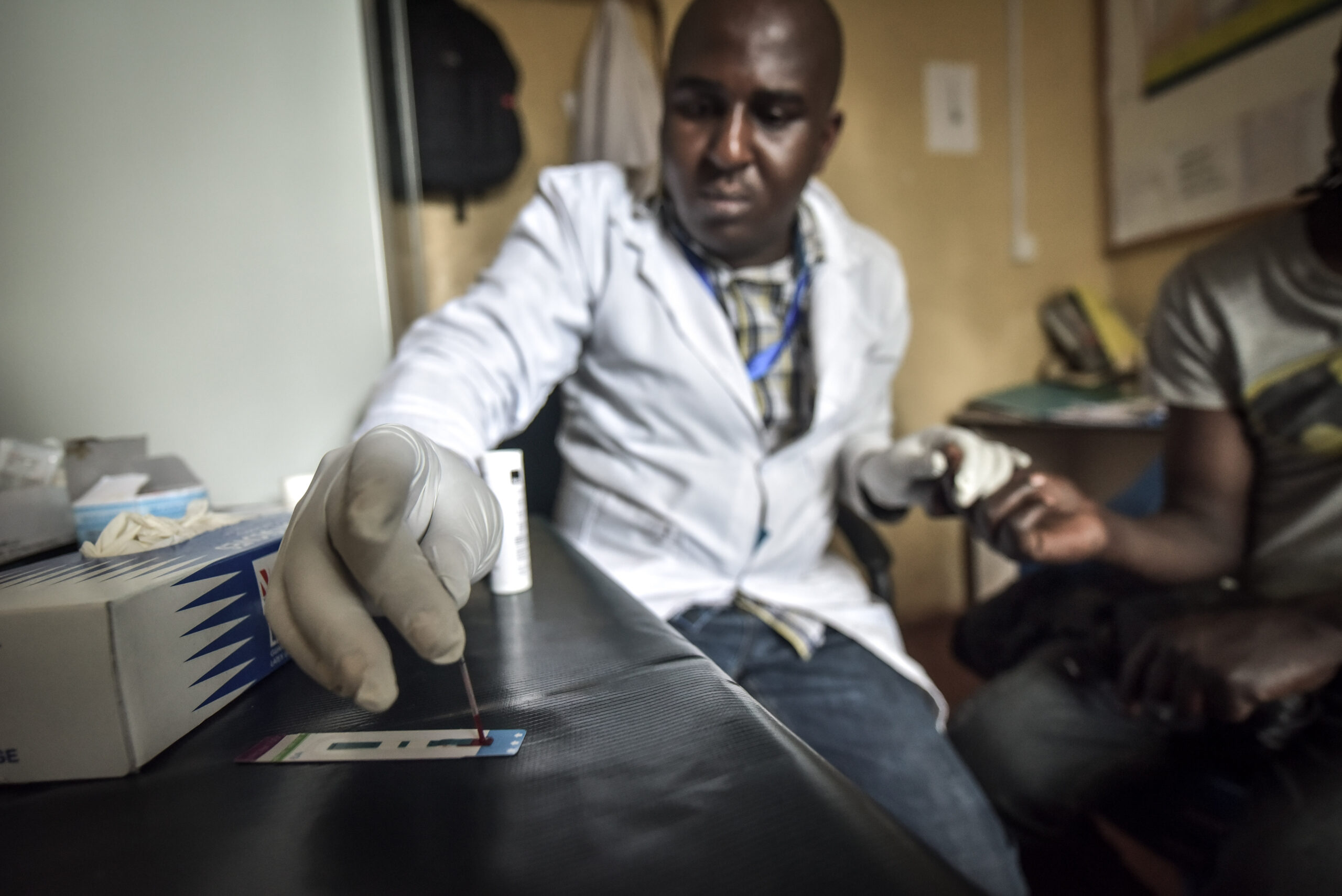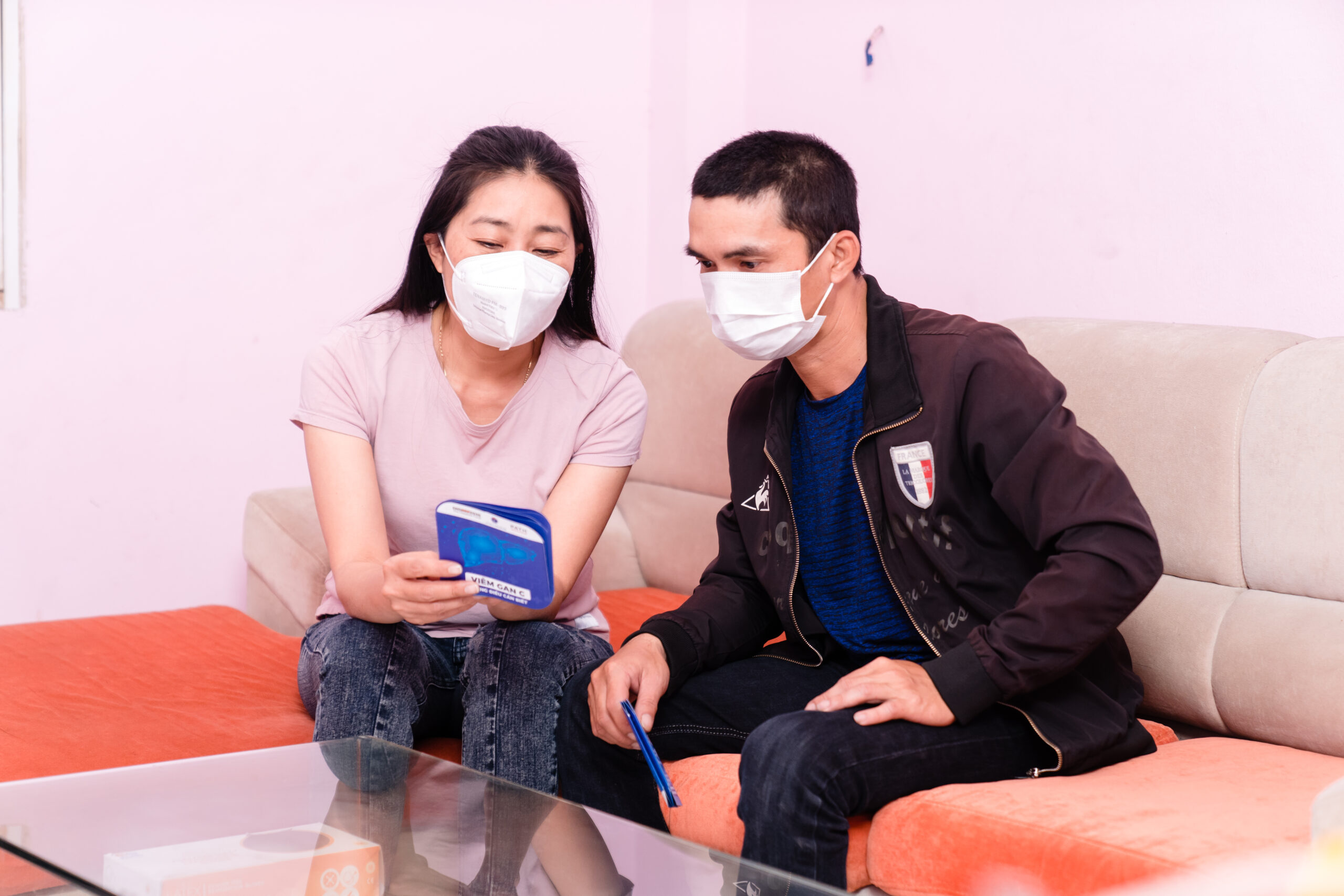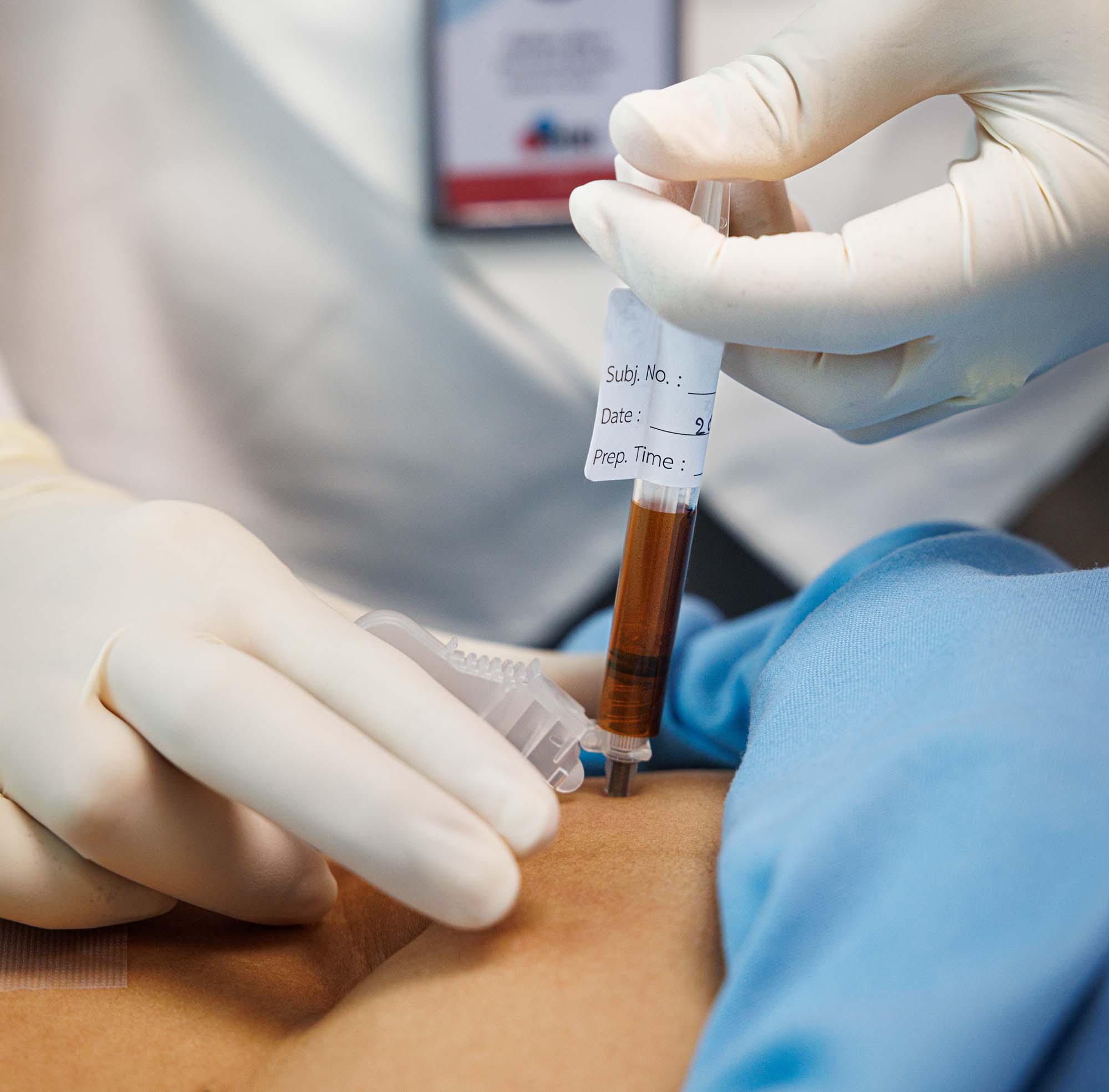The problem
New HIV medicines that cause far fewer side effects and combine several medicines in a once-daily pill promised to revolutionize treatment for millions of people living with HIV. However, critical advances in treatment were largely unavailable in the low- and middle-income countries where most people with HIV live.
Our response
Working together with the Clinton Health Access Initiative (CHAI), we accelerated the introduction of improved HIV drugs by targeting a range of barriers simultaneously for vulnerable and underserved populations such as children and pregnant women.
These efforts led to a breakthrough pricing agreement in 2017 for the first affordable, generic, single-pill HIV treatment regimen containing the high-quality drug dolutegravir and introduced a child-adapted formulation of the treatment.
This project was part of Unitaid’s broader investment to accelerate access to the best quality HIV medicines available.

